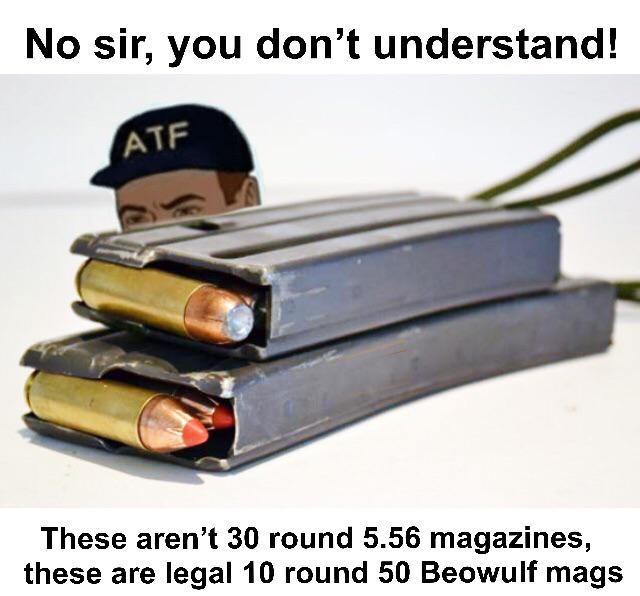What is considered self-defense in Arizona? Am I permitted to protect myself if I am under the belief that someone is going to harm me?
Yes, you can as long as your actions are reasonable. Below, learn more about the self-defense laws in the state of Arizona. For additional questions, it is always best to consult with a qualified criminal defense attorney in Prescott.
Arizona Self-Defense Laws
The specific statutes for self-defense in Arizona are listed under Arizona Revised Statutes § 13-404 and § 13-405. Under the Arizona Revised Statutes § 13-404, physical force or the threat of physical force, but not deadly physical force, may be used in defense. A person is justified in using or threatening to use physical force against another when and to the extent that a reasonable person would believe that physical force is immediately necessary to protect oneself against the other’s use or attempted use of unlawful physical force.
However, the following exceptions apply:
- You must not use or threaten physical force just because someone has used offensive words to you. You cannot rely on threats of harm alone to justify the use of force.
- You cannot use, or threaten to use, physical force to resist an arrest by someone you know, or should reasonably know, is a peace officer, whether the arrest is legal or not. The exception to this rule is when the officer uses excessive force beyond that which he or she is permitted to use by law.
- You cannot use or threaten physical force if you provoked the other person’s use or attempted use of unlawful physical force. However, you can do so if you withdrew from the situation and clearly communicated your intent to do so, and the other person continued or attempted to use unlawful physical force against you.
The real question will be whether a reasonable person would have believed that physical force or the threat of force was necessary to protect oneself from another person’s unlawful use of force.
Self-defense by means of deadly physical force is addressed in Arizona Revised Statutes § 13-405. Section 13-404 justifies you in using force, and you may use deadly physical force when “and to the degree that a reasonable person would believe that deadly physical force is immediately necessary to protect oneself against the other’s use or attempted use of unlawful deadly physical force.” That would, of course, include drawing a gun or using other deadly force, but only if you reasonably believe the other person is using or attempting to use deadly physical force against you and immediate action is necessary.
Again, this will boil down to whether your acts were reasonable. This is a very fact-intensive question that you should not try to answer on your own without consulting a qualified lawyer familiar with Arizona self-defense law. The criminal defense lawyers at TedLaw in Prescott are aware of and have represented a variety of self-defense cases, including those where individuals face criminal charges for defending themselves. Contact them to schedule an appointment to discuss the best approach to dealing with your self-defense issue.

